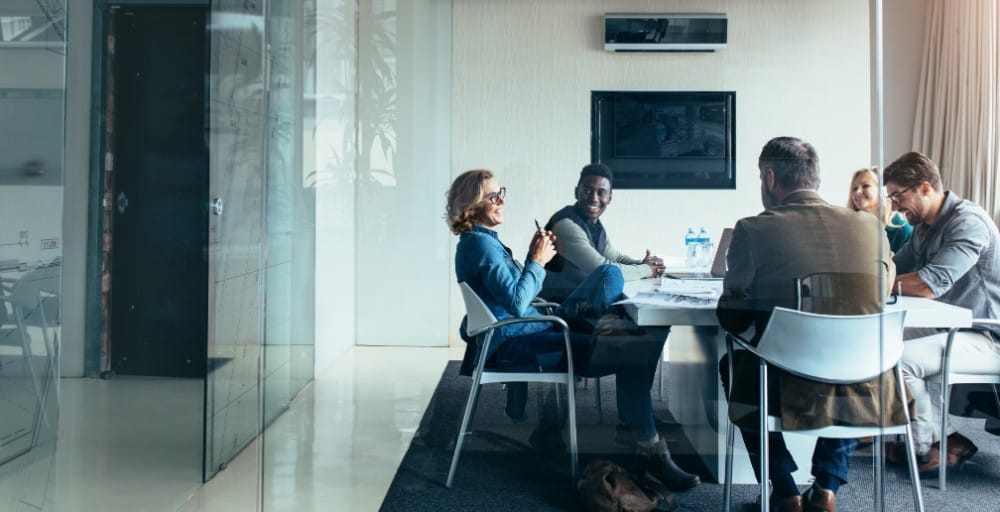
Why Do People Make Poor Decisions (and How Can it Change)?
People make decisions everyday, no doubt about that. The question is why do people make the decisions they do and how do they decide what they will focus on. There are possibly thousands of ways a person can decide things in their lifetime, but some of them seem trivial. The fact is people, on average, will make poor decisions in their lives without really knowing why. Once we understand why we make the decisions we do, we can possibly work to shift our thinking and look at how and why we choose certain things and how to make better choices.
Taking Detours
There is not enough time in a day to think through every single decision that has to be made. Many are spur-of-the-moment choices, even if they are thought out, which require us to take mental detours to arrive at the decision. Our brains are designed to work in a certain way. That is why it develops something called ‘heuristics,’ or a cognitive shortcut. This gives the brain space to think quickly, judge a situation, and act appropriately (most of the time). Sometimes these shortcuts are too much for our brain and it leads to poor decisions.
Anchoring Bias
When making a decision, people need an anchor point. This is akin to a starting block in a race, a place to start, then adjust as needed. We all have to have a starting point when we think about how to get from point A to point B. This point may be influenced by other people, other decisions we have made in the past, or other things happening in our environment. To minimize the potential for making a poor decision, it helps to have mindfulness of where you are now and what you are doing. A range of estimates is necessary to help decide how to proceed. Anchoring bias comes in when there is a wide range of possibilities, there is less likelihood to make a poor decision on the spot.
Compare and Contrast
People love shopping. It is one of the times that they are most likely to make a rash decision. There is nothing more difficult than weighing which thing to buy against all the competitor brands on the shelf at varying price points. This can be extrapolated to shopping for clothes (buy low or high end) and even car shopping. The comparison part of our brain is designed as a tool for making decisions. We are able to take what we know in order to find the best possible price. We assign a value based on how items compare to other things. It is in our brain’s best interest to compare and contrast, but not get stuck in thinking we are saving money, time, or whatever it is, just because something looks like a better deal in the moment.
Optimism Bias
People have a natural inclination to want to think the best of people, of a situation, or about decisions in general. When people believe there is a risk of something happening but it is lower than their anticipated outcome, they may feel optimistic they are not in the higher risk category. This is where teenagers lack discernment because their brains are not able to get out of the space that tells them they are sort of invincible and able to do whatever they like without consequence. As we get older, we learn to be more measured in our optimism but still, hopefully, believe the best in people and our own decision-making processes, but not ignoring pertinent information.
For those who struggle with addiction and recovery, this is a challenge because our brains are wired to think differently, yet have the same framework. We all have free will to decide what we are going to do, what we put in our bodies, and how we treat ourselves and others, yet addiction can hijack those thought processes and ways we make decisions. The challenge is finding a program that supports treatment for addiction and blends in holistic therapies that help combat the negative consequences of decisions with creating pathways to understand how we can make better decisions overall for our health and our lives.
The Palmetto Center provides a space for you to get clear on making healthier choices and decisions for your mind, body, and spirit. Our goal is to provide a safe haven for your journey of recovery. Our program provides special focus for professionals including chiropractors, nurses, doctors, lawyers, and more who need help with addiction recovery. Call us to find out more: 866-848-3001.